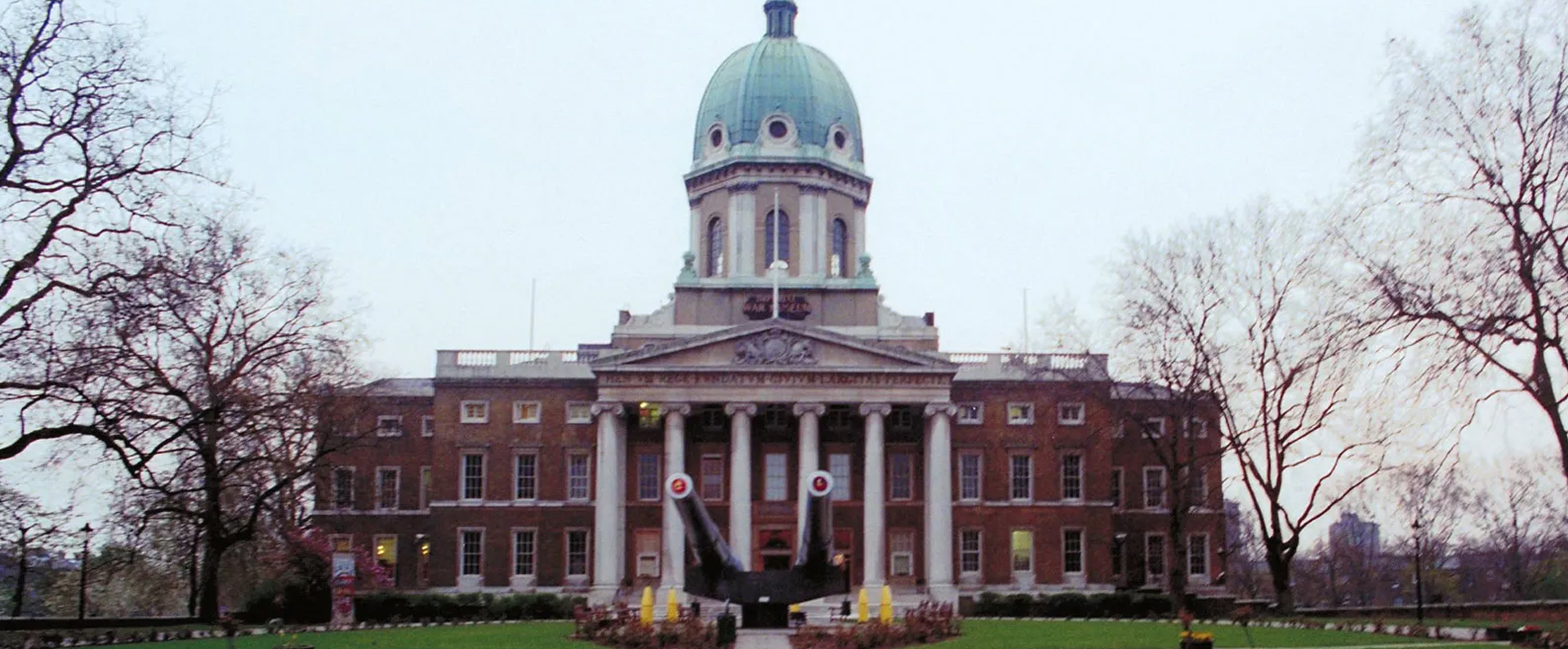
Published in The Mail on Sunday on 09 February 2025.
The expansion of academy schools in England has been the biggest success story in education for a generation. While teacher strikes and crumbling infrastructure elsewhere in the system attract headlines, a quiet revolution is under way in academy classrooms, courtesy of the strides philanthropists and entrepreneurs have made in the sector.
By inviting private enterprise to found and run academies, and giving them the freedom to pay teachers more, tailor their curriculum to their pupils’ needs and even set their own term time, successive governments of both main parties have facilitated a vast improvement in education standards.
Yet in a spiteful act of class warfare, Education Secretary Bridget Phillipson is unravelling that hard-won achievement.
The freedoms enjoyed by academies are anathema to her, for she wants a homogenised schools system where the rules are all laid down in Whitehall.
A central plank of her Children’s Wellbeing and Schools Bill is to ban academies from employing unqualified teachers in the future. While this might seem a means of raising standards, it ignores how teaching has been enriched by individuals who have come to the profession relatively late in life after careers in other fields.
In some of the most high-achieving academies, as many as one in ten teachers are ‘unqualified’. In the technology academy I founded in Putney, South-West London, we have teachers who first worked as teaching assistants, and a maths teacher who started out by giving lessons shortly after leaving the school himself.
One teacher was formerly an art technician with a passion for pottery, who taught for two years while ‘unqualified’. He has now attained his qualification and teaches a full timetable – and the youngsters love him.
This open-minded and flexible approach to teaching has helped Ashcroft Technology Academy (ATA) become the 15th top performing school in the country.
We have the fifth best attendance rate, 98 per cent, and received the award for the best state school for the International Baccalaureate.
We are clearly delivering what our pupils need, and simply wouldn’t be able to achieve this as a local authority-run school.
Phillipson seems to be unaware that the profession is not so full of eager recruits that it can afford to turn up its nose at people whose route into it is unconventional.
To attract and keep the best people, academies like ours often pay higher salaries than local authority schools are able to offer; we can do so not because we receive greater funding but because of careful financial control.
And that is another freedom that Phillipson wants to take from us: under her plan, academies would all have to stick rigidly to the pay scales negotiated between Government and unions.
She wants to remove, too, the ability of academies to deviate from the national curriculum – something that has allowed them to engage pupils with more inventive ways of teaching, sensitive to the children’s needs – and to set their own hours and term times.
The Education Secretary claims to be a great fan of academies, yet she has shown she does not understand the first thing about them. She wants to wallow in their success while undermining what has made them so successful.
Businesses and wealthy individuals sponsoring schools takes pressure off Government budgets, but Phillipson is destroying the incentive for them to do so.
People tend to help found academies because, like me, they want to make a difference. I founded what is now the ATA in 1991 because, as an entrepreneur, I wanted to create an educational environment where success breeds success.
John Major’s government was focused on increasing the number of children acquiring science and technology qualifications. Then, rather than dismantle a successful Conservative policy, Tony Blair built on it, creating the concept of an academy, which ATA became in 2007.
When the Conservatives were back in power, Education Secretary Michael Gove further loosened the grip local authorities had on schools, with a mass conversion into academies.
But why would I, or any entrepreneur or philanthropist, want to go to the trouble of setting up an academy now if it can be no better than a local authority-run school?
Phillipson’s is a Marxist vision of the world, where every public service has to be the same, where the best have to be held back so as to achieve what is euphemistically called the ‘equality of outcome’.
Never mind ultra-processed food – what she will give us is ultra-processed education.
What is most shocking is that she is ploughing ahead with her Bill despite clear evidence of the success of academies in their current form. Thanks to devolution, we have a living laboratory for the academy experiment.
From 2006 to 2012, Scotland was the best-performing nation in the UK for maths. Yet now England, where 41 per cent of schools are academies, has overtaken Scotland in not just maths but reading and science too.
ATA has contributed to this remarkable progress, in no small part because we focus on discipline. We regard clear rules and sanctions as fundamental. Our students and parents sign a contract so they know what is expected. Any pupils who disrupt lessons are taught in a separate space, so others can learn in a calm and focussed environment.
This approach is mirrored by the Michaela Community School, whose redoubtable head Katharine Birbalsingh believes Phillipson ‘hates’ academies. Following the pair’s meeting last week, Birbalsingh wrote in an open letter: ‘You don’t want leaders to have the freedom to innovate and do what is right for their children. You want the state to have control.’
Sadly, too many Labour MPs are happy to nod along with this political creed that would rather see universal mediocrity than tolerate centres of excellence. This is what has been described as ‘the soft bigotry of low expectations’, in which people refuse to believe that pupils from poor homes can outperform their peers. It’s the same classist thinking that runs through the Government’s punitive VAT raid on private schools.
A more pragmatic politician than Bridget Phillipson would want to learn from academies, not clip their wings. Sadly, the victims of this shameless policy will be many millions of children.
Read this article on DailyMail.co.uk
DOWNLOAD PDF


